
ONLY about half of Spain’s holiday rentals are legally licensed to accommodate travelers, according to a report by Esade business school of Barcelona.
The remaining half include millions of properties rented through websites such as Airbnb, which allows visitors to make direct arrangements with private home owners.
Of Spanish property owners who accommodate tourists in their homes, the report reveals that 92% do so in order to generate additional income.
The percentage of licensed versus unlicensed holiday rentals varies by city; in Barcelona, for example, 75% of all rentals are estimated to be legally sound, while in Madrid the number is less than 40%.
An earlier study sponsored by the non-profit EXCELTUR found that better regulation of holiday rentals could increase government revenue by up to €800 million per year.
Click here to read more News from The Olive Press.

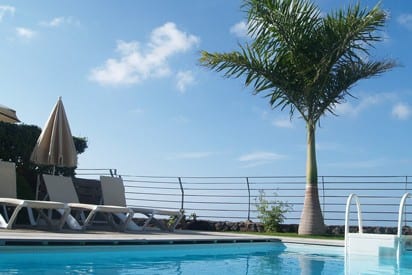
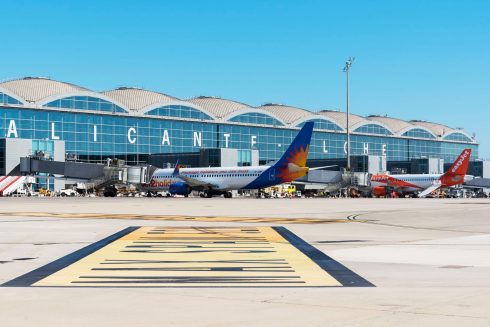
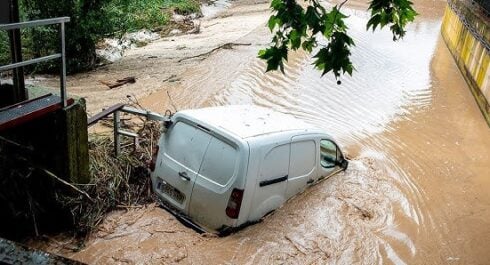
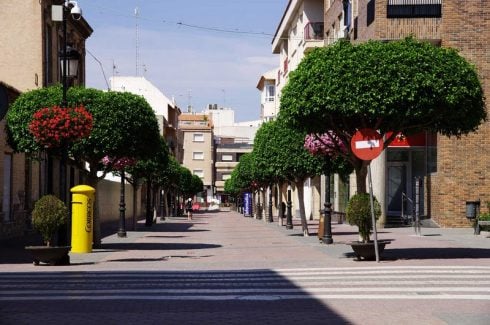
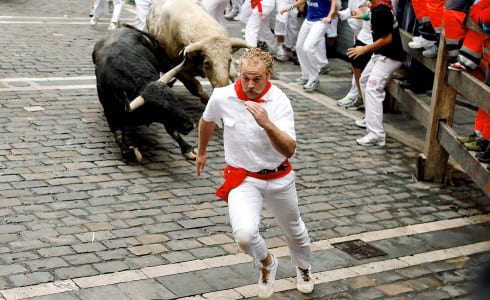



In a sharing economy, important to differentiate vacation rentals from home sharing. Home sharers rent out of a portion of their primary residence. This allows expats, retirees and others some extra income to keep their residence. In most cases, this should not be regulated. Conversely, many vacation rental owners lease out properties that are not their primary residence. In most cases, this should be regulated. For example, in many big cities popular with travelers, some apartment buildings are being converted for short-term vacation rentals. This deprives locals of good rental options and yes, skirts hotel licensing laws.